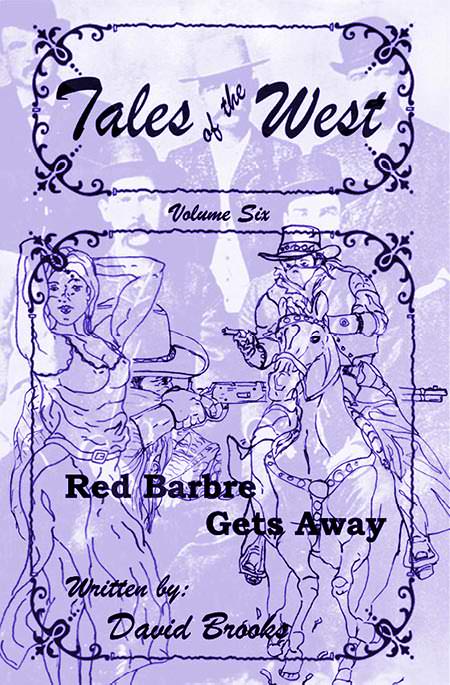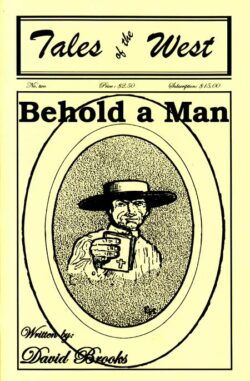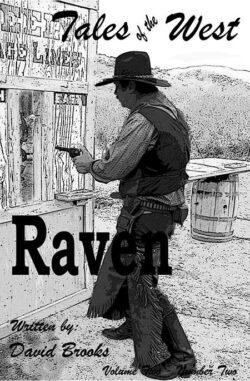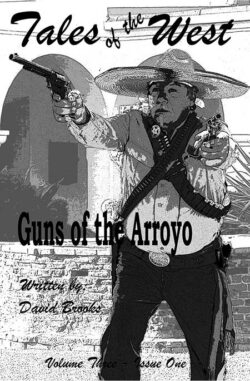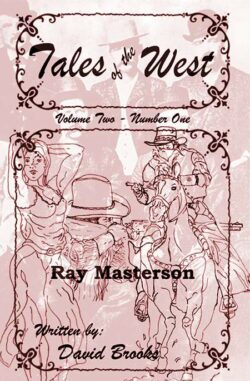$4.95
Description
The shadows grew long as Hank Taylor skirted east of an unnamed cluster of hills that led onto the high desert. The cool thin air and the artificial early darkness would cause the uninitiated to stop for the night. Hank had been down the trail, as they say, and knew he could make maybe four or five more miles on his westward trek before night settled over the desert. True these ragged hills would provide good shelter when the wind picked up with the sunset, but weighed against five miles of travel, Hank urged the big bay horse forward.
Emerging from the shadow of the hill’s southern edge, the landscape Hank rode through changed into a blasted, confused jumble of broken rocks causing him to consider the decision to keep moving. The color of the earth changed from the monotonous adobe of the last fifty miles to a broad pallet of red, orange, black and copper. All accentuated by the oblique angle of the setting sun. Off to the southwest a wall of basalt thirty feet high extended into the blast field for what seemed to Hank a good two miles. Beyond the wall a lone cone-shaped mountain rose ominously above its surroundings in the weakening light. Halted momentarily by this vision of ancient cataclysm lying before him, Hank had to once again urge the big bay horse forward. The bay deftly picked his way through the maze of volcanic missiles as Hank kept his direction west. The evening air dipped below thirty-two degrees and clouds of vapor shot from the bay’s nostrils in rhythm with his easy gait. Feeling that he had made good progress, Hank stopped to camp for the night. He assembled a low rock wall from the missiles scattered about the blast field. Laying his bedroll between it and a small pit-fire he stayed warm and out of the wind for the night. An added benefit from this arrangement was blending his camp into the landscape; protecting him from casual observation.
Hank’s thoughts drifted back to another battlefield, one scattered with dying friends and blood. When he rode away from that field he took with him the location of Emmett’s mine, a mine full of high-grade gold ore. Hank met Emmett when, as a young man he joined the Cavalry of the Union, both men serving under a brash Lt. G. A. Custer. Emmett, the older of the two by some ten years, took Hank under his wing, replacing the father that died when Hank was six years old. During the long hours the cavalry either bivouacked or spent patrolling lonely stretches of countryside, Emmett talked of his time in the mountains and deserts of the West. A soldier’s life is one of idle time and Hank, unlike many others, took advantage of off time to learn all he could of the world. On the day that Hank rode away from that field of gore, a dying Emmett told him of a mine and its location. Hank has ridden the bay horse with the US brand on its haunch toward that location from the moment he covered Emmett’s body with his poncho.
Rising up from behind the hastily made rock shelter, Hank enjoyed the warm sun on his back as he gazed west. Standing there in the crisp air, Hank plotted his location from Emmett’s hasty directions uttered with his dying breaths. He knew he must be close to the mine but this field troubled him for it was never mentioned in connection with the mine or on any other occasions when they would talk long into the night. Such a fantastical place surely would have been spoken of by anyone who had ridden this way. The men he encountered during his trip West never gave any indication of a place like this. Of course he had been intentionally vague as to his destination but, since there were very few maps available during this time, men traveled by description and even casual conversations contained useful landmarks and available trails.
Hank turned his attention east. Did he pass his destination? He would ride back around the hills he skirted yesterday. Take another bearing. The bay nickered in anticipation as Hank approached the shallow arroyo where the horse had been ground hobbled for the night.

